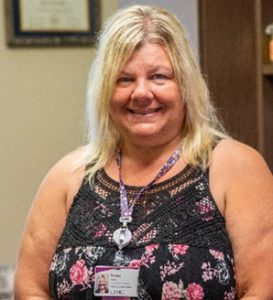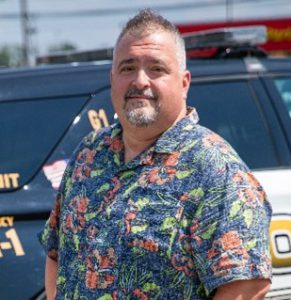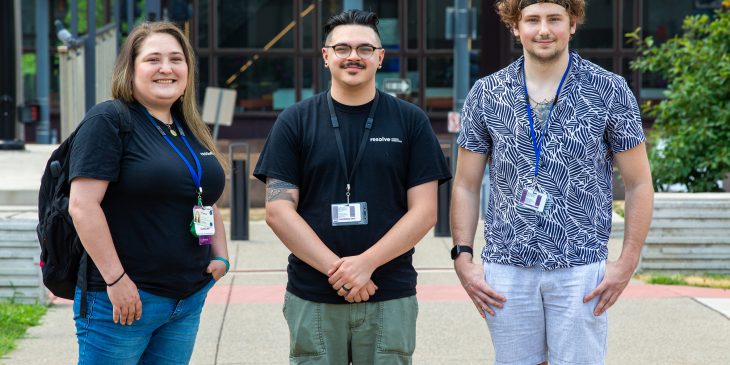If you are in crisis or need support, reach out to the Suicide and Crisis Lifeline via phone or text at 988.
Answering calls from individuals in crisis as part of the 988 Suicide and Crisis Lifeline network is one part of what UPMC Western Behavioral Health teams — clinicians, therapists, nurses, and social workers — do daily to support individuals in crisis in the regions UPMC serves and beyond. At UPMC programs including resolve Crisis Services in Pittsburgh, UPMC Western Behavioral Health at Safe Harbor in Erie, UPMC Western Behavioral Health Altoona Crisis Services, and UPMC Western Psychiatric Hospital Beaver Crisis Services. Teams support urgent behavioral health needs in the community through phone hotlines, mobile services, walk-in services, addiction services, and some specialized programs tailored to specific communities.
If you or someone you know is experiencing a mental health crisis, here are a few things the crisis team at UPMC Western Behavioral Health want you to consider:
 “The ability to actively listen to someone is the best thing that you can do for anybody in a crisis. Sometimes it’s not about fixing the issue. Sometimes it’s just about listening to them, figuring out where they’re at, and validating those feelings. And if it’s too close to home, if it’s too close for you to be able to deal with, call a professional. We’re happy to listen and help. Sometimes our loved ones can be in crisis and we may be too distraught to be able to help ourselves.”
“The ability to actively listen to someone is the best thing that you can do for anybody in a crisis. Sometimes it’s not about fixing the issue. Sometimes it’s just about listening to them, figuring out where they’re at, and validating those feelings. And if it’s too close to home, if it’s too close for you to be able to deal with, call a professional. We’re happy to listen and help. Sometimes our loved ones can be in crisis and we may be too distraught to be able to help ourselves.”
— Alyssa Bauman, resolve Crisis Services
 “Just like you would reach out for anything like medical concerns, you reach out for mental health. You have an ache or a pain, you go to your doctor. Same with mental health: You reach out. It’s as simple as that.”
“Just like you would reach out for anything like medical concerns, you reach out for mental health. You have an ache or a pain, you go to your doctor. Same with mental health: You reach out. It’s as simple as that.”
— Emily Koscienski, Safe Harbor
 “If you have a loved one in crisis, be supportive; don’t judge them, whether they’re struggling with substance use or their first psychotic episode or anything. Just try to be accepting and supportive and encourage them to make a call. Or maybe offer to call with them. It can be scary making that first call.”
“If you have a loved one in crisis, be supportive; don’t judge them, whether they’re struggling with substance use or their first psychotic episode or anything. Just try to be accepting and supportive and encourage them to make a call. Or maybe offer to call with them. It can be scary making that first call.”
— Tracy Carlini, Safe Harbor
 “You are not alone. You are not. It’s going to feel like that, because when we are in those moments of crisis, especially contemplating suicide, all you’re looking for is a way to end the pain, whatever kind of pain it is. It almost like forces these blinders on you, but you’re not alone. There is hope. There’s always someone out there; just make that call or reach out to someone you trust and have them make that call for you. There are no expectations. You will never be judged.”
“You are not alone. You are not. It’s going to feel like that, because when we are in those moments of crisis, especially contemplating suicide, all you’re looking for is a way to end the pain, whatever kind of pain it is. It almost like forces these blinders on you, but you’re not alone. There is hope. There’s always someone out there; just make that call or reach out to someone you trust and have them make that call for you. There are no expectations. You will never be judged.”
— Lew Nordin, Safe Harbor
Read more about UPMC Western Behavioral Health crisis services, including services offered in the field in Pittsburgh and Erie and phone and chat services supporting the 988 lifeline.









